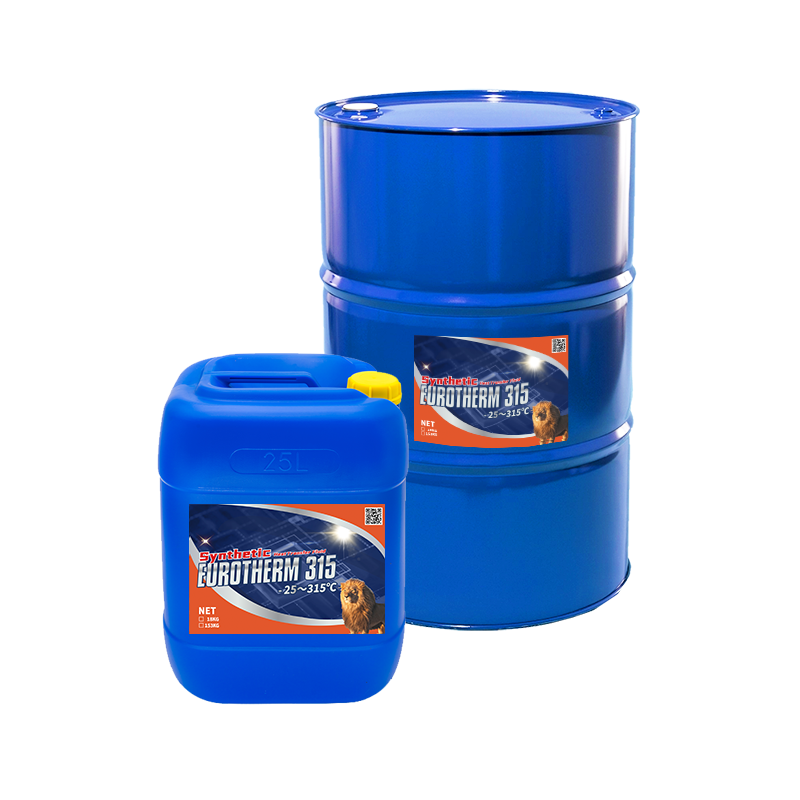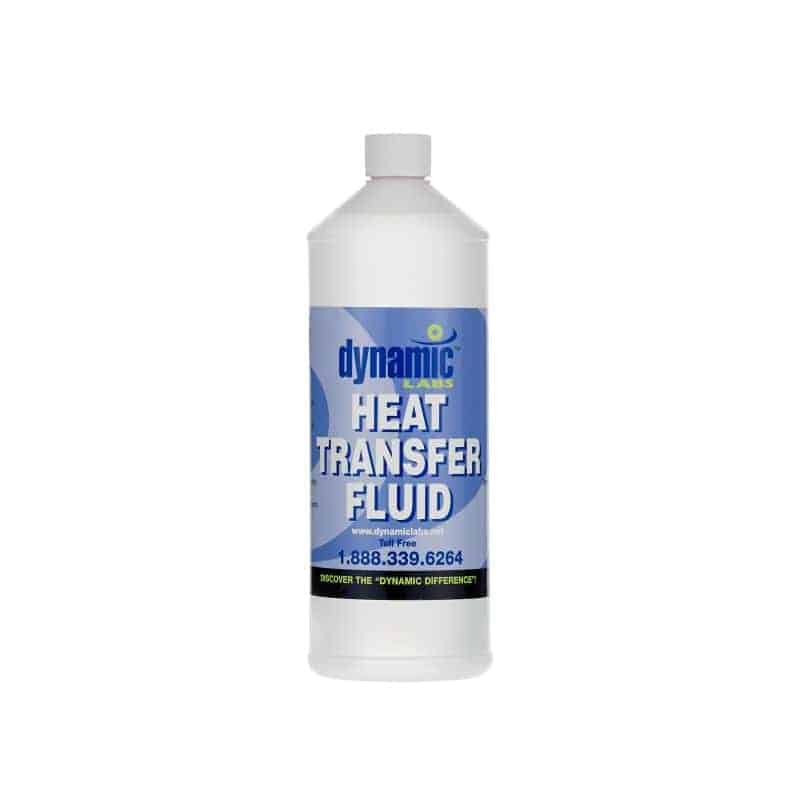The Importance of Thermal Oil in Energy Efficient Systems
The Importance of Thermal Oil in Energy Efficient Systems
Blog Article
Why Selecting the Right Heat Transfer Fluid Is Critical for Optimal System Effectiveness
Choosing an ideal heat transfer liquid is an essential choice that can considerably impact system efficiency and functional prices. As the ramifications of this option extend much beyond instant efficiency, recognizing the subtleties of liquid choice becomes necessary for anyone looking to achieve ideal system efficiency.
Importance of Heat Transfer Fluids
What role do heat transfer liquids play in commercial procedures? Warmth transfer liquids are crucial for the efficient transfer of thermal energy within different industrial systems. They promote the activity of warm from one location to another, making sure that procedures operate within ideal temperature arrays. Their key feature is to absorb warmth from a resource, such as a heater or activator, and supply it to an end user, like a heat exchanger or purification column.
The option of heat transfer fluid can dramatically impact power safety, effectiveness, and equipment longevity. Liquids should be qualified of enduring heats and pressures without breaking down, in addition to display very little volatility and reduced toxicity. Their performance straight affects not only the productivity of the system but additionally its functional expenses.
Additionally, warm transfer liquids play a crucial role in preserving procedure control, guaranteeing that temperature level variations are decreased. This is specifically essential in sensitive applications such as petrochemicals and pharmaceuticals, where precise temperature level management is critical. Overall, the value of choosing the ideal warm transfer fluid can not be overemphasized, as it is important to enhancing industrial procedures and enhancing general system efficiency.
Key Quality to Think About
When choosing a warmth transfer liquid, which crucial buildings should be focused on to ensure optimum efficiency? Thermal conductivity is critical; a liquid with high thermal conductivity will effectively transfer warm, lessening energy loss. In addition, the particular warmth capacity of the fluid is essential, as it establishes exactly how much energy the fluid can keep and launch, impacting general system responsiveness.
Viscosity is another substantial property to take into consideration, as it influences the fluid's flow attributes; reduced viscosity liquids are generally preferred for simpler flow and reduced pumping power. The liquid's temperature level array is just as important; it has to carry out successfully within the functional temperature levels of the system without deteriorating or vaporizing.
Take into consideration the ecological effect and safety account of the fluid, as laws and sustainability goals significantly affect fluid option. By prioritizing these key residential or commercial properties, one can choose a heat transfer liquid that enhances system resilience and dependability.

Impact on System Effectiveness
The selection of warm transfer fluid directly affects system effectiveness, influencing both power usage and operational performance. A fluid's thermal conductivity, thickness, and warmth capacity play essential functions in exactly how properly it transfers warm within a system. Optimum fluid residential or commercial properties guarantee that warm is soaked up and dispersed efficiently, lessening energy losses and boosting the total performance of the system.

Additionally, the compatibility of the liquid with system materials can significantly influence performance. A liquid that creates corrosion or destruction can result in leaks and system failings, even more decreasing efficiency. In summary, the right warm transfer liquid not just optimizes power effectiveness and decreases costs yet additionally enhances the reliability and durability of the system, making it an essential factor to consider for designers and decision-makers in thermal administration applications.
Usual Sorts Of Heat Transfer Fluids
A selection of warmth transfer liquids are typically used in thermal administration systems, each with unique buildings suited to certain applications. Water is one of one of the most extensively utilized heat transfer liquids as a result of its high particular heat capability, low cost, and schedule. However, its cold factor limits its usage in low-temperature applications.
Thermal oils, usually originated from oil, are another popular option, specifically in high-temperature systems. These liquids can run at raised temperature levels without vaporizing, making them perfect for commercial applications. They might have limitations concerning thermal security.
Refrigerants, made use of primarily in cooling down systems, have one-of-a-kind Read More Here thermodynamic properties that permit effective warm transfer at low temperatures. Their selection is critical to make sure performance and compliance with ecological policies.

Additionally, phase change products (PCMs) are gaining traction for their capability to soak up and release considerable quantities of heat during stage changes, supplying an unique option for thermal energy storage. Each fluid's details characteristics need to be evaluated for optimal efficiency.
Finest Practices for Selection
Choosing the proper heat transfer liquid includes careful factor to consider of a number of crucial variables that line up with the certain requirements of the application. Assess the functional temperature level array. The fluid needs to maintain its homes and performance across the intended temperature range. Second, consider the liquid's thermal conductivity, which affects warmth transfer prices; higher thermal conductivity generally causes enhanced efficiency.
Additionally, evaluate the fluid's viscosity, as it affects pumping energy and overall system effectiveness. the original source Lower thickness liquids commonly lower energy consumption during circulation. Compatibility with system products is an additional crucial facet; make certain that the fluid does not create rust or deterioration of parts and pipelines.
Following, consider the liquid's stability and longevity, especially in high-temperature applications. A stable fluid decreases maintenance and substitute expenses. Last but not least, ecological and safety and security regulations should lead your read this choice procedure, highlighting safe and eco pleasant choices when possible.
Final Thought
In final thought, selecting the ideal warmth transfer fluid is vital for accomplishing optimum system effectiveness. The ideal liquid improves thermal conductivity, decreases energy losses, and advertises devices durability, ultimately leading to improved system reliability and performance.
Warm transfer fluids are necessary for the efficient transfer of thermal power within numerous commercial systems. In addition, the specific heat capability of the liquid is important, as it identifies exactly how much power the liquid can keep and launch, affecting overall system responsiveness.
Think about the environmental effect and safety account of the fluid, as guidelines and sustainability goals increasingly affect fluid option - propylene glycol. A fluid's thermal conductivity, thickness, and heat ability play crucial duties in just how efficiently it transfers warm within a system. Water is one of the most widely used warmth transfer liquids due to its high certain heat capacity, low price, and accessibility
Report this page